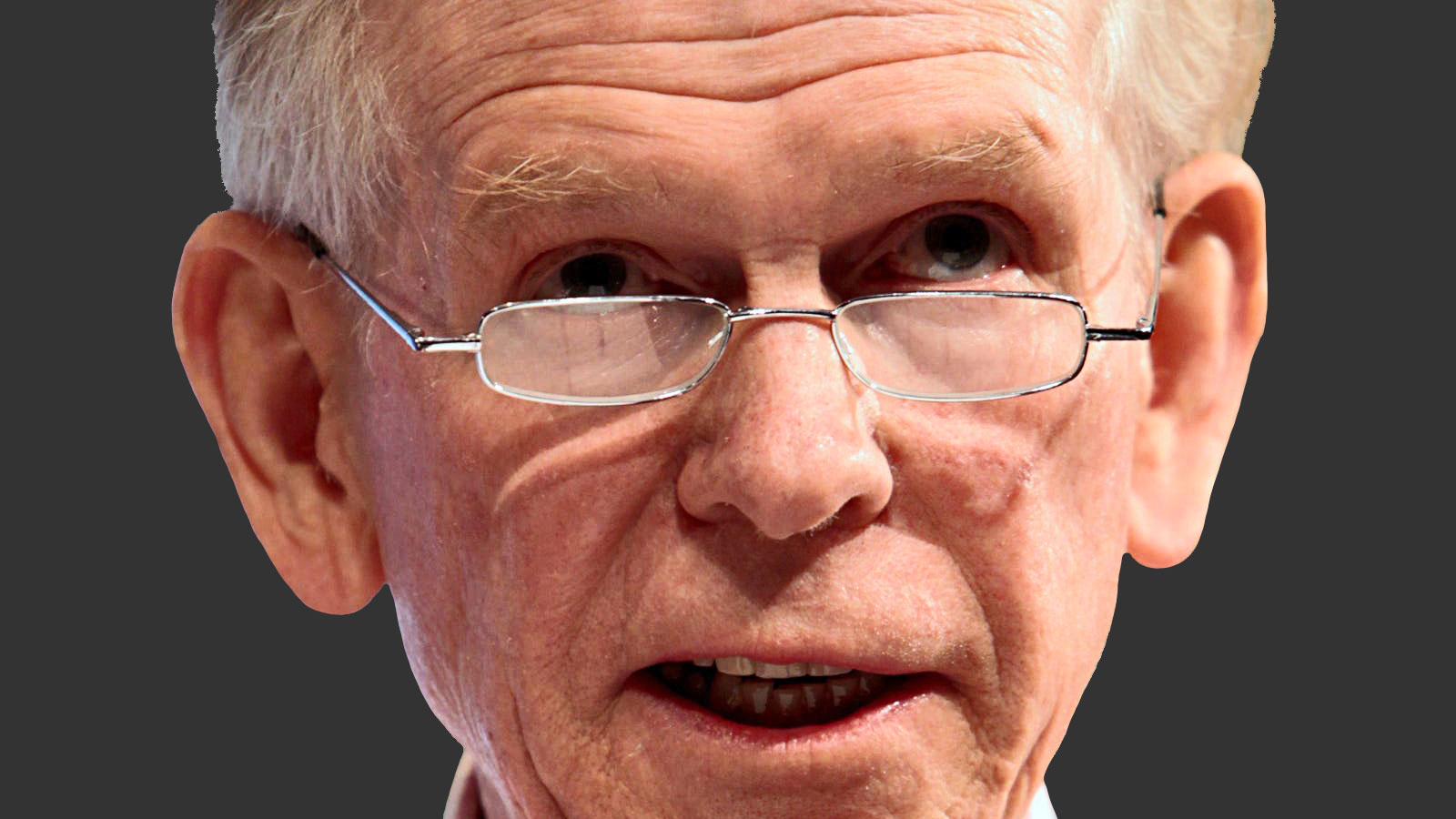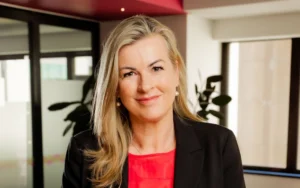Pessimism termites and super-crazies: Grantham warns on “bubbly markets”
Legendary investor Jeremy Grantham says that while markets are in what he’s called “one of the great bubbles of financial history,” there’s “no traditional pin” to pop it.
Speaking to Morningstar CEO Kunal Kapoor, Grantham – who famously dodged the Japanese asset price bubble in the 1980s, as well as the Tech Wreck and the GFC – warned that while it’s simple to tell when you’re in a bubble, it’s near-impossible to predict how and when it will pop.
“They’re still arguing about what caused the 1929 crash. It may be because there’s no traditional pin to pop the bubble,” Grantham said. “But the market hits its all-time high when optimism is at its absolute peak. And the following day is the second most optimistic day in history, but it’s a shade less optimistic than it was yesterday. And the price begins to fall a little bit.
“It won’t take bad news and it won’t take a thoroughly bad economy to start bringing this market down. It will take a perfectly good economy and a perfectly optimistic outlook – but a little less than it used to be a week ago, a month ago.”
Grantham noted that investors initially shrugged off “the crazies” like Pet.Com in the Tech Wreck, and while growth stocks soon lost 30% of their value the S&P 500 remained unchanged until the “pessimism termites finally got to the balance of the market” and the index halved in two years.
“What do we see this time? The super-crazies are really anything to do with electrification – EVs for sure, and Tesla is the king of that – and the SPACs…are perhaps the most outstanding degree of enthusiasm – exaggerated enthusiasm. And they’re down 30%.”
Despite the doom and gloom, Grantham says there are still sections of the market that show promise. While US equities are “heroically overpriced,” the developing world is “merely overpriced” and emerging markets are “fairly cheap.” Grantham also expressed some enthusiasm about the prospect of a serious correction, suggesting it would create a more equitable world.
“Having high-priced assets is great for retirees and old folks like me, selling off my assets. But for everybody else it means you compound your wealth more slowly, and if you don’t have any wealth you pay twice for a house what your parents paid and you pay twice for a portfolio in the sense that you get half the yield,” Grantham said.
“It’s a fairly miserable world, so I welcome lower asset prices which I’m confident will come from these very high prices, even in modest retracement back towards the last hundred-year average,” he said.











